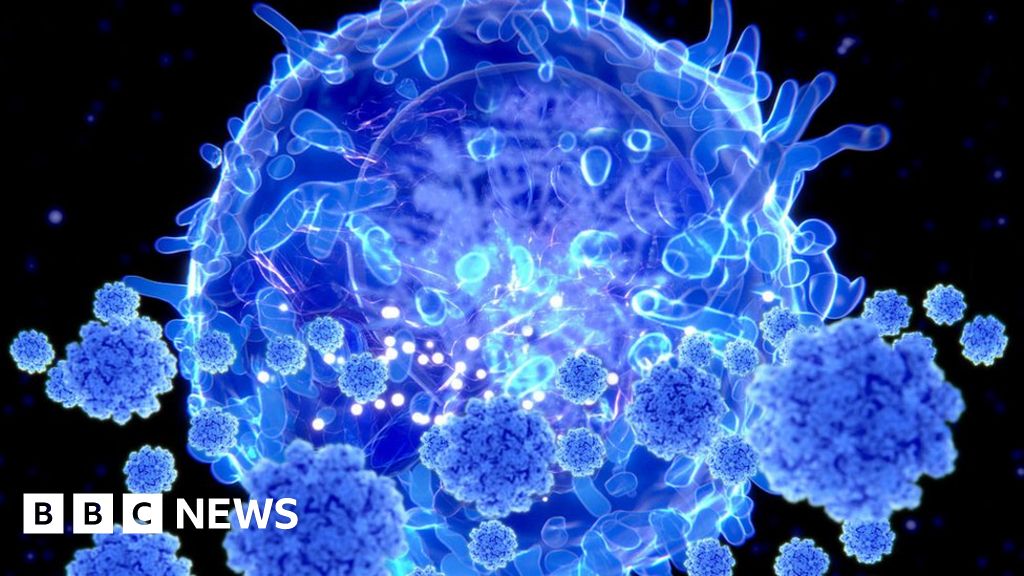I'm literally looking at graphs in which the rise in cases slows, and then speeds up. It's actually really notable on the Utah one specifically.Fine, I'll do it you lazy bum. All the states you explicitly mentioned with big red arrows pointed at the exactly never that they experienced a sustained decrease in cases.
It's not "pedantic": "herd immunity" has a specific and distinct meaning. When you talk about herd immunity for a whole string of posts, and then give a summary of your "entire argument" which doesn't talk about herd immunity but rather just generally about acquired immunity resisting outbreaks... that's not pedantry. Those are different arguments.Wat? You're trying to be pedantic on the phrase "herd immunity", but you're throwing out the entire meaning of the phrase. Me telling you that a certain portion of a population needs to acquire immunity in order for herd immunity to be established... that's just the definition of the phrase. Why do you find it questionable to suggest that a place that had a local epidemic of covid-19 would resist outbreaks after where a place that largely avoided the virus does not? You're not going to win an argument just fighting about the terminology instead of the concepts behind them, but you're especially not going to win if you've lost sight of those meaning altogether.
Nobody is disputing that a location which suffered particularly badly would be likelier to develop higher levels of antibodies. That's obvious. Nobody is disputing that higher levels of antibodies will convey some level of protection from infection. These are both just obvious statements.
That's doesn't constitute herd immunity. Herd immunity is a specific concept, indicating a threshold of immunity that conveys communal protection to the extent that outbreaks are near-impossible. It's very rarely been accomplished.
That threshold has not been reached. The only evidence you've pointed to thus far has been a general decrease in deaths and hospitalisations, as well as the flattening infection rate-- all of which can be down to a thousand myriad factors. You're attributing it specifically to immunity with extremely poor evidence: a level of acquired immunity that's way, way below what any expert says is necessary; and a completely baseless assumption that 80% of people have an innate immunity which hasn't been demonstrated or proven at all.Herd immunity is the condition where the reproductive rate of the virus is less than or equal to 1 under normal conditions, specifically because a threshold of people are immune. I'm claiming that plenty of places have already established that condition. Obviously I'm not all knowing, I don't know if there's like a specific building in New York where people have locked themselves in the whole time or something like that and a small outbreak is still possible, but do not expect more major outbreaks of the virus in NYC ever. That's what I'm saying. If you want me to stop describing less impacted places as "approaching herd immunity" because you think it's the wrong phrasing, you're going to have to first admit that you understand and agree with what I'm saying.


